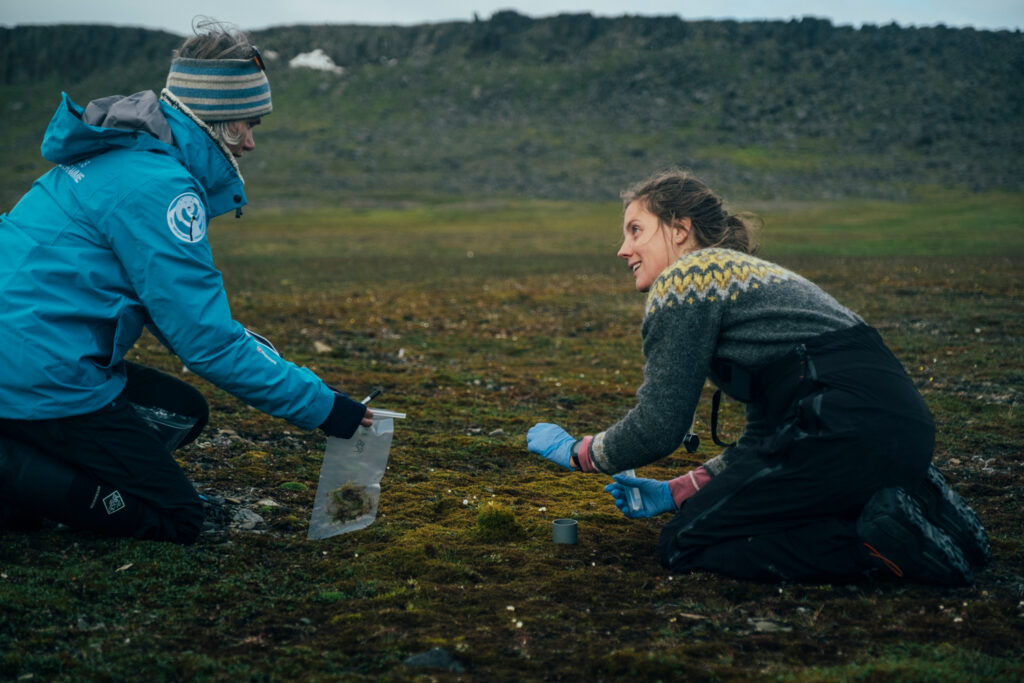Who are we?
EASA was founded in 1989 and boasts thousands of members from around the world. The aims of the association are to promote and advance anthropology in Europe. We do that by means of our flagship journal, Social Anthropology / Anthropologie Sociale, our Berghahn Book Series, our biennial conferences, and the support that we grant our lively research networks.
EASA is the European learned society for social anthropologists. It was established 35 years ago, and recently underwent a process of dynamic renewal through the shift of the membership towards younger (but also more precarious) anthropologists. The aim of the association is to promote anthropology, as well as to protect and represent the interests of anthropologists in Europe.
Latest initiatives
The Integrity Committee provides an independent voice and offer guidance on issues of academic integrity…
Apply now for EASA’s free and fully remote new mentorship program
The EASA members-only moderated forum is a new intitiative where members can debate and post…
EASA Directory
Our directory lists EASA members with public profiles, and is the most detailed and complete resource for listing of EASA members.
EASA people profiles
The EASA people section endeavors to feature everyone who has been involved in EASA EASA’s management, publications and committees over the years. If you would like to amend your profile, please contact us.
Our new logo
To make it easy for our networks, publications, event organisers and other affiliated institutions to update the EASA branding, we have compiled a page where you can download your preferred version of the new logo.
EASA People
The current EASA Executive committee was elected in January 2025. Meet the new execs and…
The Integrity Committee provides an independent voice and offer guidance on issues of academic integrity…
The group’s aims are to monitor violations of, and gather evidence on academic freedom and…
Honorary members are distinguished scholars who are designated honorary members by decision of the Trustees.…
Saturday, 14th January, 1989Villa Montecucco – ENI Conference Centre, Castelgandolfo | Italy Prof. Eduardo Archetti,…
The photos linked on this page were submitted to EASA in 2024 and 2025 following…
Governance
The Objects of the Association are to improve understanding of world societies by promoting professional…
EASA was founded on January 14th, 1989 at the “Inaugural General Assembly” in Castelgandolfo/Italy of…
History of EASA
Saturday, 14th January, 1989Villa Montecucco – ENI Conference Centre, Castelgandolfo | Italy Prof. Eduardo Archetti,…
EASA was founded on January 14th, 1989 at the “Inaugural General Assembly” in Castelgandolfo/Italy of…
The European Association of Social Anthropologists is celebrating its 25th anniversary. The inaugural General Assembly…
I This paper is drawn in part from the conclusion to the new edition of…
Portuguese anthropology and EASA: from 1990 to 2014. Reflections from the south European countries in…
Let us begin by correcting some misconceptions. First, our association had its beginning in 1988,…
